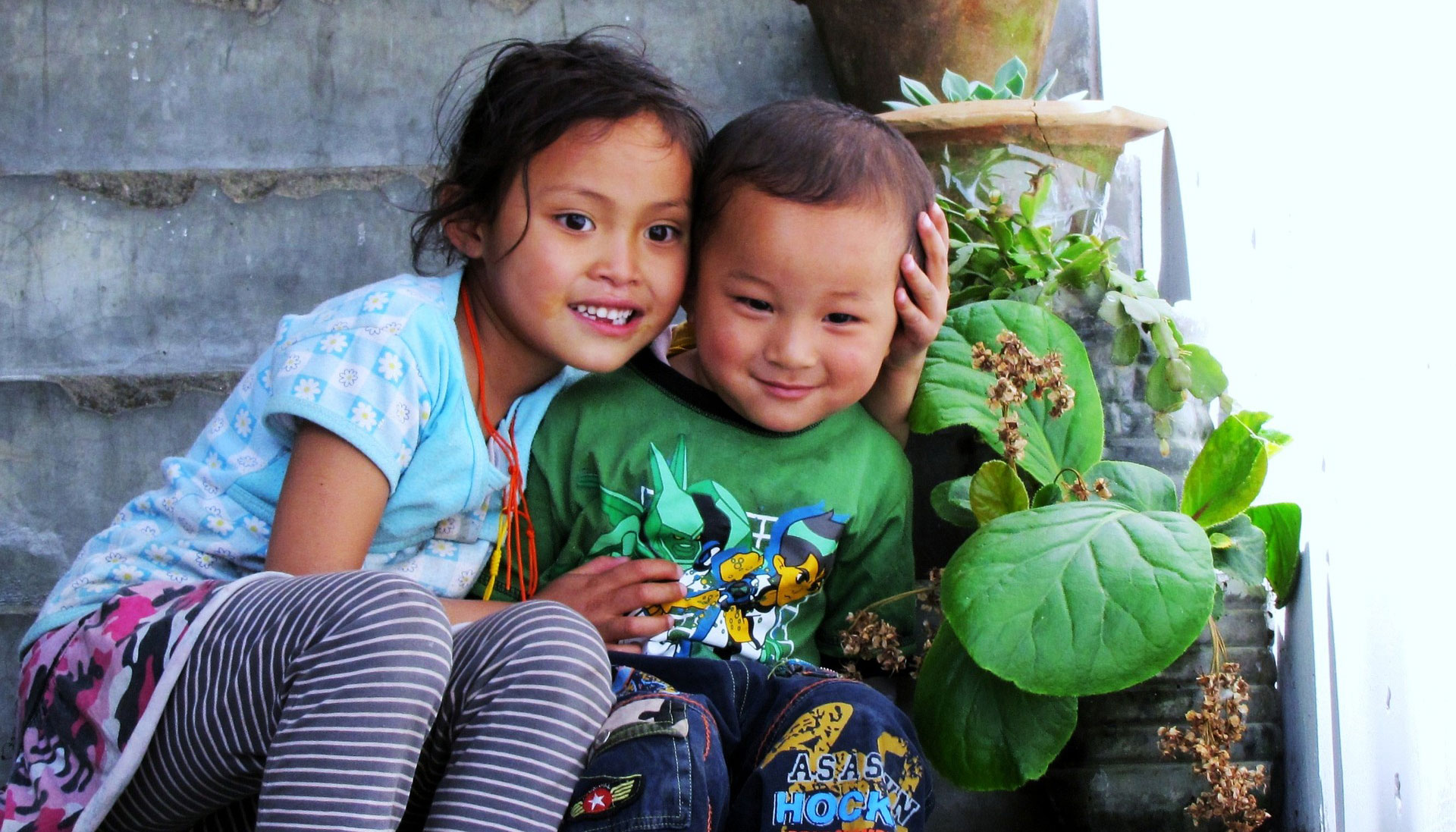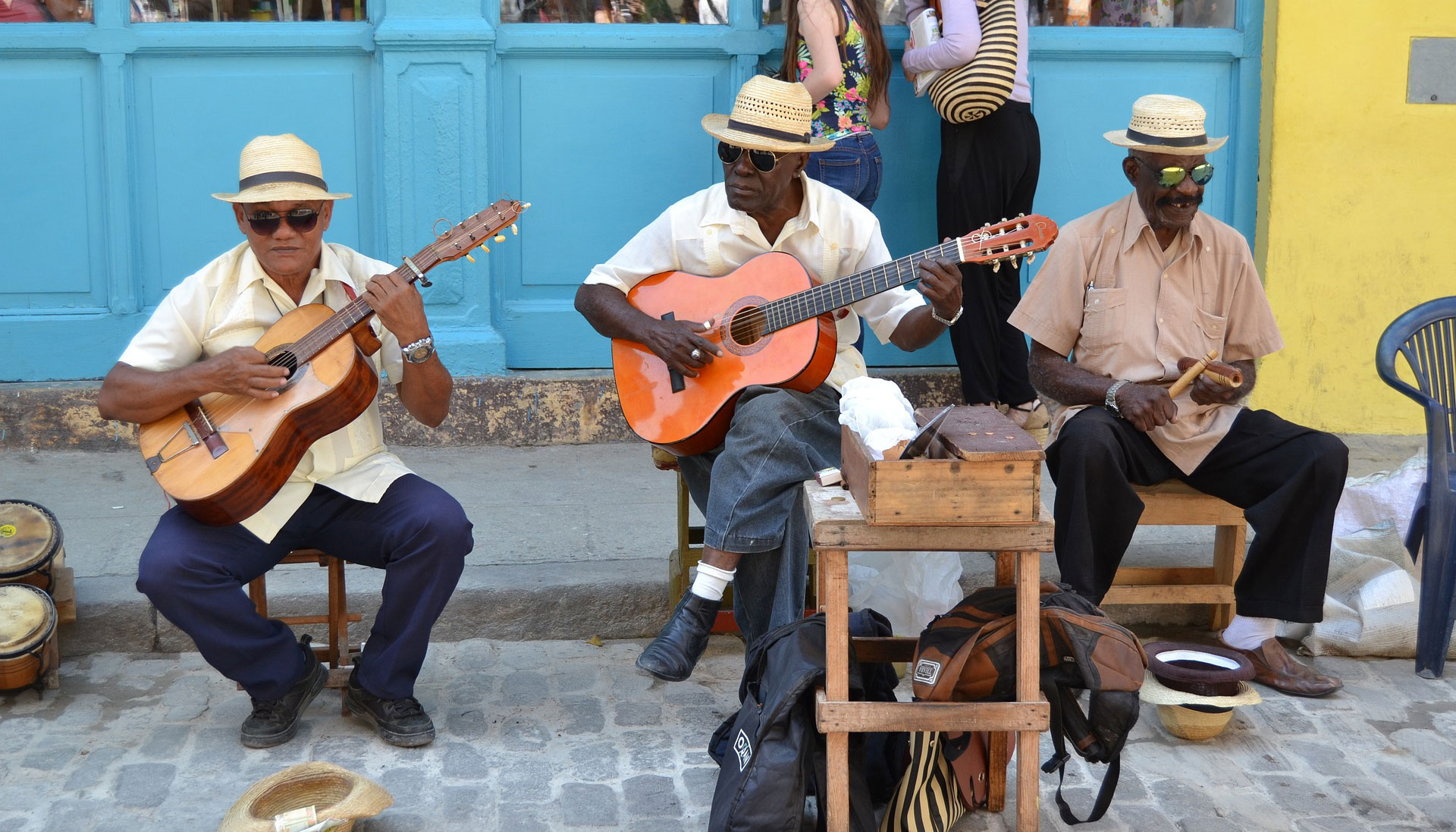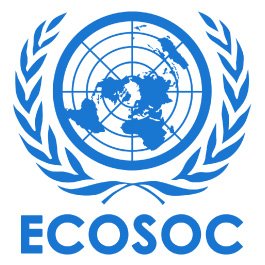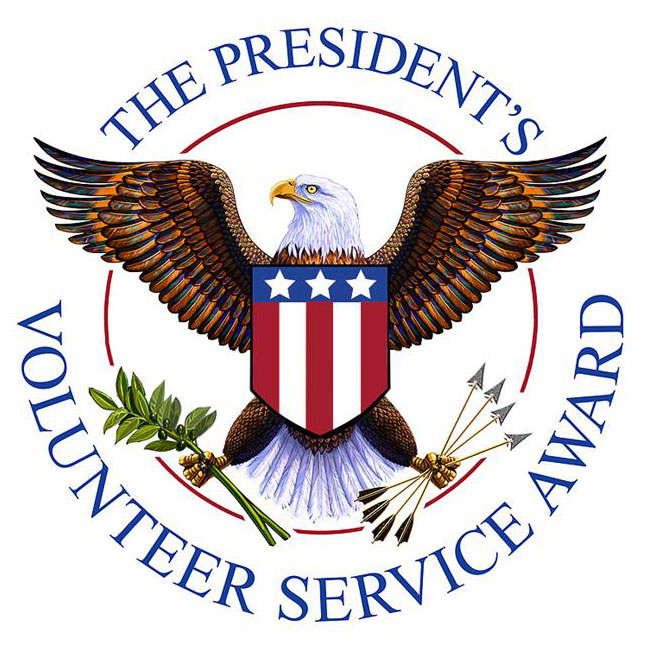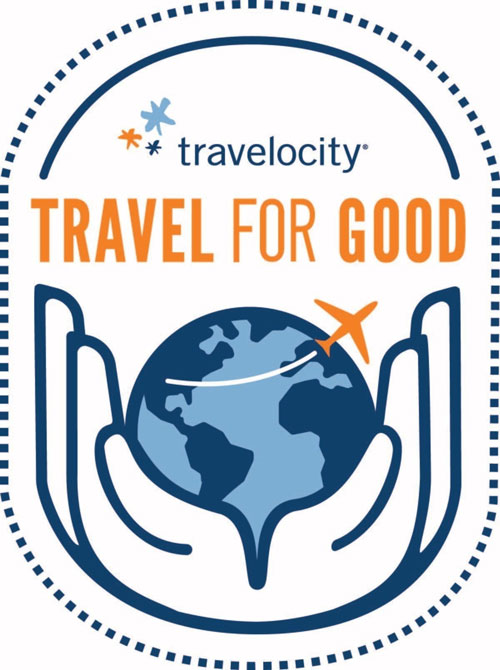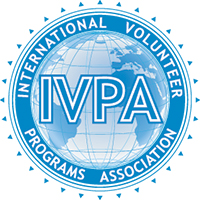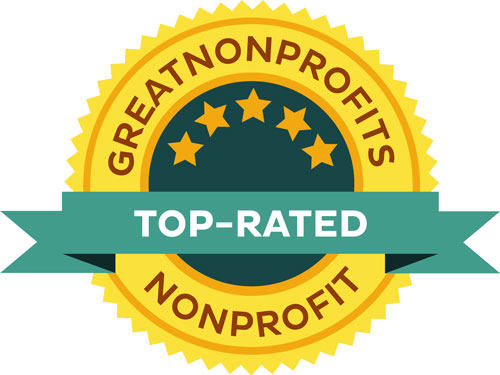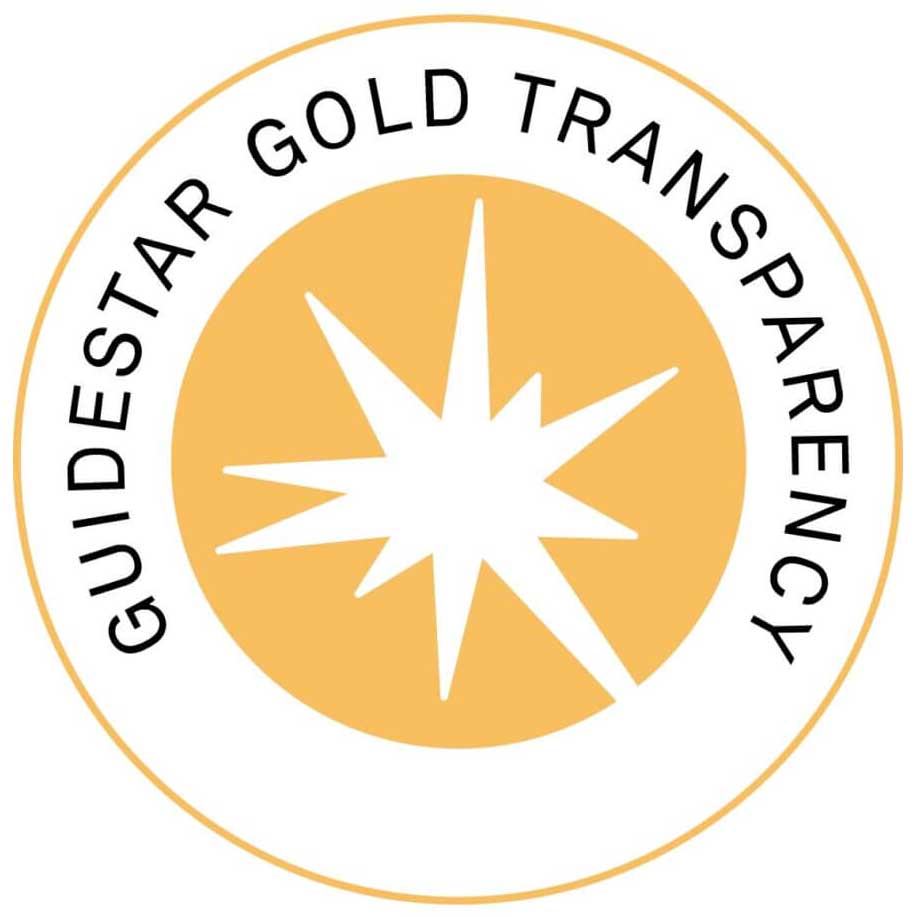- Details
- Category: About
- Published:
Thank you for visiting the Globe Aware Adventures in Service online Store (the "Store"). The Store is designed to provide a convenient, private and informative shopping experience for consumers to purchase products supporting and commemerating Globe Aware volunteer vacations and volunteer work. Designed for access 24 hours a day, 7 days a week, the Store offers a selection of products to help consumers support the good works and ongoing projects promoted and managed by Globe Aware.Globe Aware wants each visitor to the Store to have a safe, pleasurable visit. By using the Store you agree to be bound by the terms set forth herein. We may make changes to the Site, these Terms of Use, or the policies and conditions that govern the use of the Site at any time. We encourage you to review the Store and these terms periodically for any updates or changes. Your continued access or use of the Store shall be deemed your acceptance of these changes and the reasonableness of these standards for notice of changes.
- Details
- Category: About
- Published:

- Details
- Category: About
- Published:
- Details
- Category: About
- Published:
Making sure kids can eat.
The Ghana Lunch Box Project is funding lunch for the 200 kindergarten students in Okadjakrom, in the countryside of Ghana. On a recent mission trip, I found myself face to face with 24 young children who had no money for school lunch and no food at home to eat. They had no food, all day. And for some, longer than that.
Fifty-cents a day will make sure a child has lunch.
Let’s feed them.
SUGGESTED DONATIONS
- $25-a-month recurring contribution
- Other monthly recurring amount
- One-time donation
*All donations are 501(c)3 tax-deductible. A charge will appear as Globe Aware on your credit card statement. To stop donations, please contact us before the 30th of the upcoming month, as cards are processed on the 30th.
PAYMENT INSTRUCTIONS
- For a one-time donation, you can use this link PAYMENT. BE SURE TO LIST "GHANA LUNCH BOX PROJECT" as the group the donation is intended for.
- For a one-time or recurring donation by check, please make payable to GLOBE AWARE and put GHANA LUNCH BOX PROJECT in the memo field - send to:
Globe Aware
6500 E Mockingbird Ln
Suite 104
Dallas TX 75214 - For a recurring credit card donation, please use the form below:.
- Details
- Category: About
- Published:
Your payment or donation has been canceled.
You may log into your account at www.paypal.com to view details of this transaction.
- Details
- Category: About
- Published:
Thank you for your payment or donation.
Your transaction has been completed, and a receipt for your purchase has been emailed to you.
You may log into your account at www.paypal.com to view details of this transaction.
- Details
- Category: About
- Published:
News Alerts - 09/13/1999 U.S. - Canada Tax Treaty
Notice 99-47
PGDC SUMMARY:
Article XXI of the United States-Canada Income Tax Convention ("Treaty") generally provides for the deduction of cross-border charitable contributions and the reciprocal recognition of exemption for religious, scientific, literary, educational, or charitable organizations. The U.S. and Canada Competent Authorities, pursuant to Article XXVI of the Treaty, have entered into a mutual agreement that implements Article XXI as contemplated by diplomatic notes which accompanied the Treaty ("Agreement").
Under the terms of the Agreement, recognized religious, scientific, literary, educational, or charitable organizations that are organized under the laws of either the U.S. or Canada will automatically receive recognition of exemption without application in the other country. U.S. organizations must be recognized as exempt under section 501(c)(3) of the Code in order to qualify for this treatment. In addition, recognized charitable organizations resident in one country are eligible to receive deductible charitable contributions from residents of the other country. However, in the case of contributions by a resident or citizen of the United States, certain limitations may apply.
The Agreement also provides that the U.S. will presume that all Canadian registered charities are private foundations in the absence of receiving certain financial information and that the U.S. will recognize a Canadian registered charity as exempt until it determines that the organization fails to satisfy the requirements for exempt status under U.S. law. In addition, Canadian organizations are required to file the applicable Form 990 or Form 990-PF unless they receive less than $25,000 of U.S. source income.
This notice comes on the heals of Jane Peebles' article entitled "Cross Border Gifts" published in Gift Planner's Digest last week. That article has been modified to include the notice.
FULL TEXT:
PURPOSE
This notice provides guidance concerning a competent authority agreement between the United States and Canada that implements Article XXI (Exempt Organizations) of the United States- Canada Income Tax Convention (Treaty).
BACKGROUND
Article XXI of the Treaty generally provides for deduction of cross-border charitable contributions, and reciprocal recognition of exemption for religious, scientific, literary, educational, or charitable organizations. Diplomatic notes that accompany the Treaty provide that the competent authorities of each of the Contracting States shall review the procedures and requirements for an organization of the other Contracting State to establish its status as a religious, scientific, literary, educational, or charitable organization entitled to exemption under paragraph 1 of Article XXI, or as an eligible recipient of the charitable contributions referred to in paragraphs 5 and 6 of Article XXI, with a view to avoiding duplicate application by such organizations to the administering agencies of both Contracting States. The diplomatic notes also provide that if a Contracting State determines that the other Contracting State maintains procedures to determine such status and rules for qualification that are compatible with such procedures and rules of the first-mentioned Contracting State, it is contemplated that such first-mentioned contracting State shall accept the certification of the other administering agency of the other Contracting State as to such status for the purpose of making the necessary determinations under paragraphs 1, 5 and 6 of Article XXI.
SCOPE OF TREATY RELIEF
The U.S. and Canada Competent Authorities, pursuant to Article XXVI (Mutual Agreement Procedure) of the Treaty, have entered into a mutual agreement that implements Article XXI as contemplated by the diplomatic notes. Under the terms of the agreement, recognized religious, scientific, literary, educational, or charitable organizations that are organized under the laws of either the U.S. or Canada will automatically receive recognition of exemption without application in the other country. U.S. organizations must be recognized as exempt under section 501(c)(3) of the Code in order to qualify for this treatment. Similarly, Revenue Canada must recognize Canadian organizations as Canadian registered charities.
Moreover, recognized charitable organizations resident in one country will be eligible to receive deductible charitable contributions from residents of the other country. However, in the case of a contribution (or contributions) by a resident or citizen of the United States (other than a contribution to a college or university at which the citizen or resident or a member of his family is or was enrolled), U.S. law requires that the amount of deductions in the aggregate for a taxable year may not exceed a certain percentage of the donor's Canadian source income. Any excess contribution that is not deductible as a result of this limitation may be carried over and deducted in subsequent taxable years, subject to the same limitations. Furthermore, the U.S. will presume, in the absence of receiving certain financial information, that all Canadian registered charities are private foundations. Accordingly, if a Canadian registered charity does not provide the U.S. with the financial information needed to determine its foundation classification, the organization will be presumed to be a private foundation under U.S. law, the donor's deductible contributions will be limited to 30 percent of the donor's Canadian source income, and the organization will not have the benefit of being listed in Publication 78, Cumulative List of Organizations. Moreover, although the Canadian registered charity will not be required to apply for exemption, a donor claiming a charitable contribution deduction will be required to show that the organization is a Canadian registered charity.
Alternatively, if a Canadian registered charity provides the U.S. with the information needed to determine its foundation classification, aside from automatic recognition of exemption, the organization will be listed in Publication 78, as a foreign organization, and will be eligible to receive contributions deductible up to 50 percent of the donor's Canadian source income, assuming it is determined not to be a private foundation. If the Canadian registered charity submits information that establishes that it is a private foundation, it will nevertheless be listed in Publication 78, but deductible contributions will be limited to 30 percent of the donor's Canadian source income.
Under the agreement, recognition of exemption by the U.S. of a Canadian registered charity will remain in effect until the U.S. determines that the organization fails to satisfy the requirements for exempt status under U.S. law. Further, Canadian organizations will be required to file the applicable Form 990, Return of Organizations Exempt From Income Tax, or Form 990-PF, Return of Private Foundation, unless they receive less than $25,000 of U.S. source income.
DISCLOSURE REQUIREMENT
Section 6114(a) of the Code requires that taxpayers taking the position that a U.S. treaty overrules a general U.S. tax principle or law must disclose such position on a return of tax or, if no return of tax is required to be filed, as the Internal Revenue Service may prescribe. Accordingly, taxpayers claiming exemption or charitable contribution deductions pursuant to this agreement must disclose this position on their income tax return for the year in which the charitable contribution deduction or claim for exemption is made. Taxpayers may use Form 8833 for this purpose, or they may attach to their return a separate statement indicating that they are claiming exemption or a charitable contribution deduction pursuant to Article XXI of the Treaty. Taxpayers may make reference to this Notice 99-47 in their disclosure statement.
DRAFTING INFORMATION
The principal author of this notice is Patrick Kevin Orzel of the Office of Assistant Commissioner (International). For further information regarding this notice, contact Mr. Orzel at (202) 874- 1550 (not a toll-free number).
Full text provided through Tax Analysts, Inc.
- Details
- Category: About
- Published:
At Globe Aware, our utmost priority is the safety and security of our volunteers.
We have been monitoring the Ebola situation since its inception.
We watch the CDC, US, Canadian and British government travel alerts as issued through the State Department and their equivalents. There are parts of the continent that have travel alerts in place, for example the U.S. Department of State warns U.S. citizens against non-essential travel to Sierra Leone and Liberia. If there were a similar travel alert put out for Ghana, we would suspend the program until the situation changed and refund your payment.
For those who have already registered for the program, if they would like to switch to another program, we can do so once, at no cost, as long as it is 30 days prior to the program start date.
For the latest information about the disease, how to recognize it, how transmitted and more, go to: http://www.cdc.gov/vhf/ebola/
Here is the current US State Department report on Ghana http://travel.state.gov/content/passports/english/country/ghana.html
We not work on projects where volunteers are likely to be in contact with the bodily fluids of another person.
We think it is important that each individual take the time to read about the risk and assess the situation for oneself, if necessary with the advice of your medical professional.
Related: http://fox40.com/2014/10/03/the-toll-the-ebola-fight-takes-on-volunteers/

